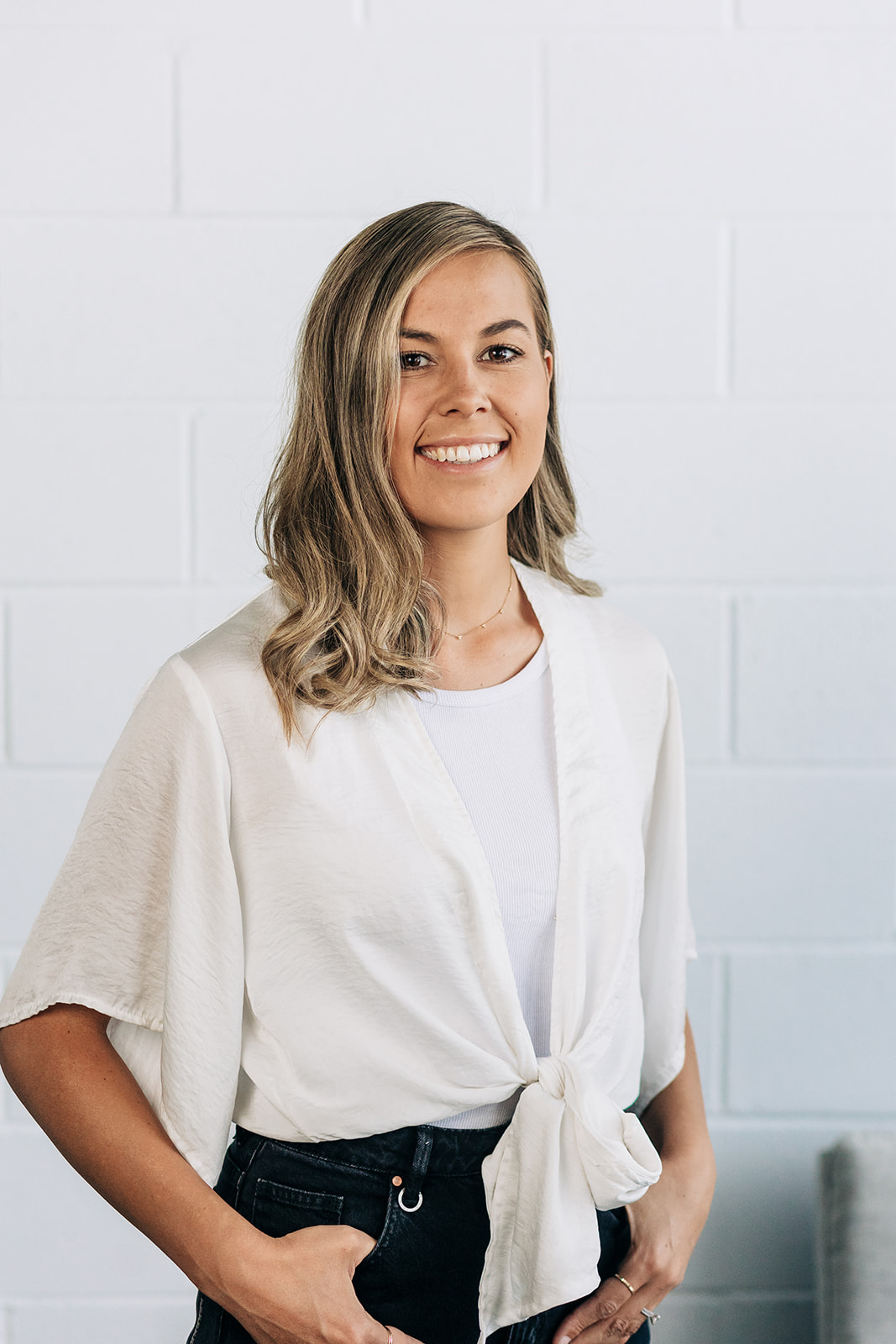Are you worried about seeing a new therapist, counsellor or psychologist?
Maybe you’re scared about telling your story all over again
Or perhaps it’s been so long since you had therapy that you’re worried about what to say to what to do?
Seeing a new therapist can be a nerve-racking experience. It’s a very close relationship and finding the right person can be a little tricky at times. It’s important to remember that therapy is an active process that takes time and patience. If you’re seeing a new therapist, here are some things you can do to make the most of your sessions and build a positive therapeutic relationship.
Here are our top 6 tips when you’re about to see a new therapist
Be honest and open.
The most important thing you can do when seeing a new therapist is to be honest and open about your thoughts and feelings. Your therapist is there to help you. It’s really helpful for them to have a complete picture of what’s going on in your life. Don’t be afraid to share your fears, concerns, and struggles. Remember, therapy is a confidential space where you can be yourself without judgment.
Ask questions.
Therapy can be a complex process, and having questions about your treatment is okay. Therapists will cover some FAQs in their first few sessions with you, but there can be a lot to cover and there may be things you’re really interested to know. Don’t hesitate to ask your therapist about their approach, if they have any goals or ideas about what therapy will look like with you. You may also want to ask about the frequency of sessions, the duration of treatment, and any other concerns you have.
Be patient.
Therapy is not a quick fix. Progress isn’t linear and sometimes new things arise and take some time to discuss or resolve. It may take some time before you see progress. Be patient with yourself and the therapeutic process. Don’t be discouraged if you don’t see immediate results, and trust that your therapist is working with you to help you achieve your goals. You can ask about your progress at any time.
Set goals.
It’s important to have a clear idea of what you want to achieve from therapy. This may help you decide what kind of therapy you’d like to engage with or what modality may work best. Having goals is important. Take some time to think about what you hope to gain from your sessions and discuss these goals with your therapist. This will help guide your treatment and ensure that you’re working towards specific outcomes.
Be consistent.
Consistency is important when it comes to therapy. Attend your sessions regularly and try to stick to a consistent schedule. Even on days when you’re feeling good, it’s important to attend and discuss your goals and treatment moving forward. Learning tools and coping strategies when you’re well is great and can be there ready when you need them.
Staying consistent will help you build momentum and make progress towards your goals. It’s also important to be consistent with your treatment plan, whether it’s completing tasks at home or practising new coping skills.
Give feedback.
Your therapist wants to know how you’re feeling about your sessions and whether you feel like you’re making progress. You can even give them feedback about what’s not working for you or if you don’t think it’s the right fit. This will help your therapist tailor your treatment plan to meet your individual needs or refer you to someone who may be better suited.
Seeing a new therapist can be an exciting and empowering experience. By being honest and open, asking questions, being patient, setting goals, being consistent, and giving feedback, you can make the most of your therapy sessions and build a positive therapeutic relationship. Remember, therapy is a collaborative process, and your therapist is there to support you every step of the way.









Recent Comments